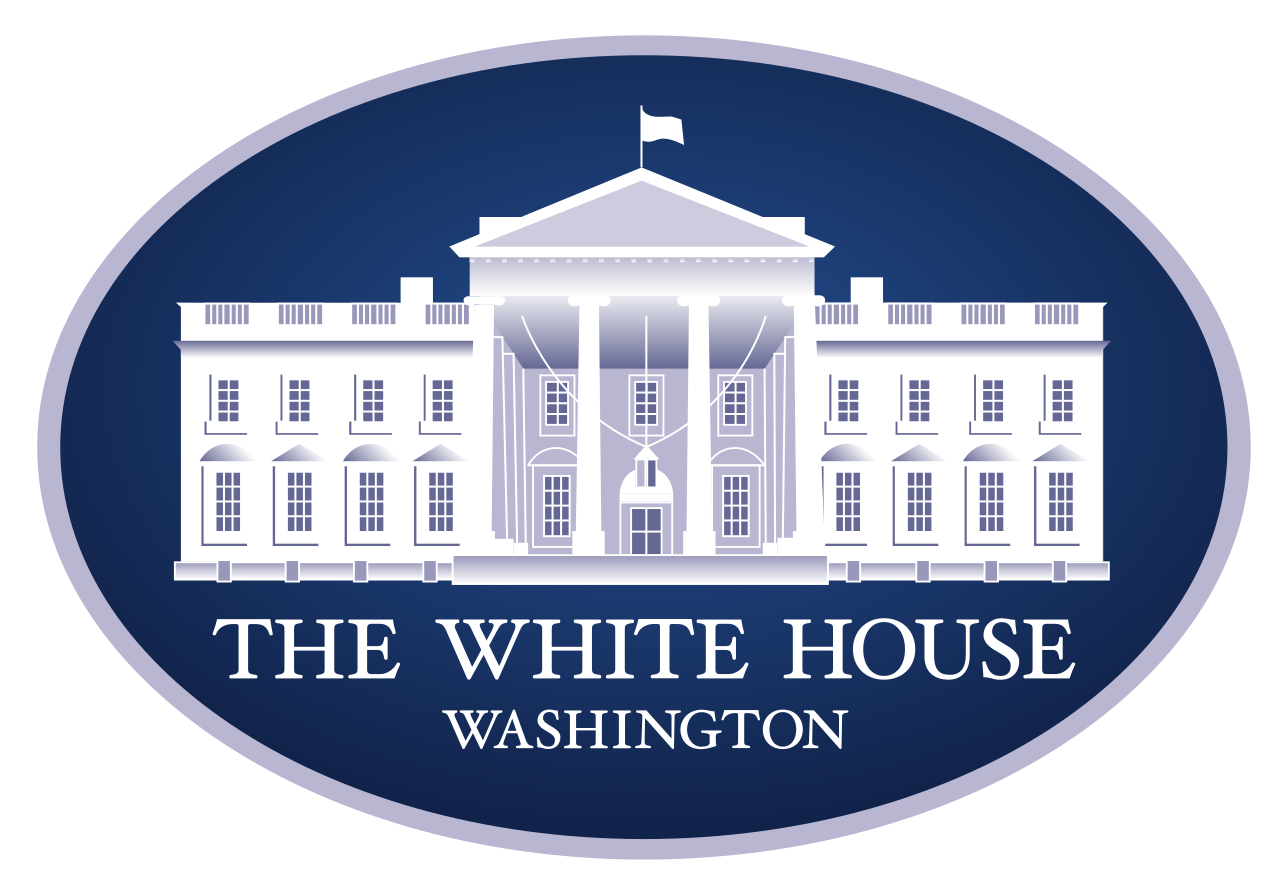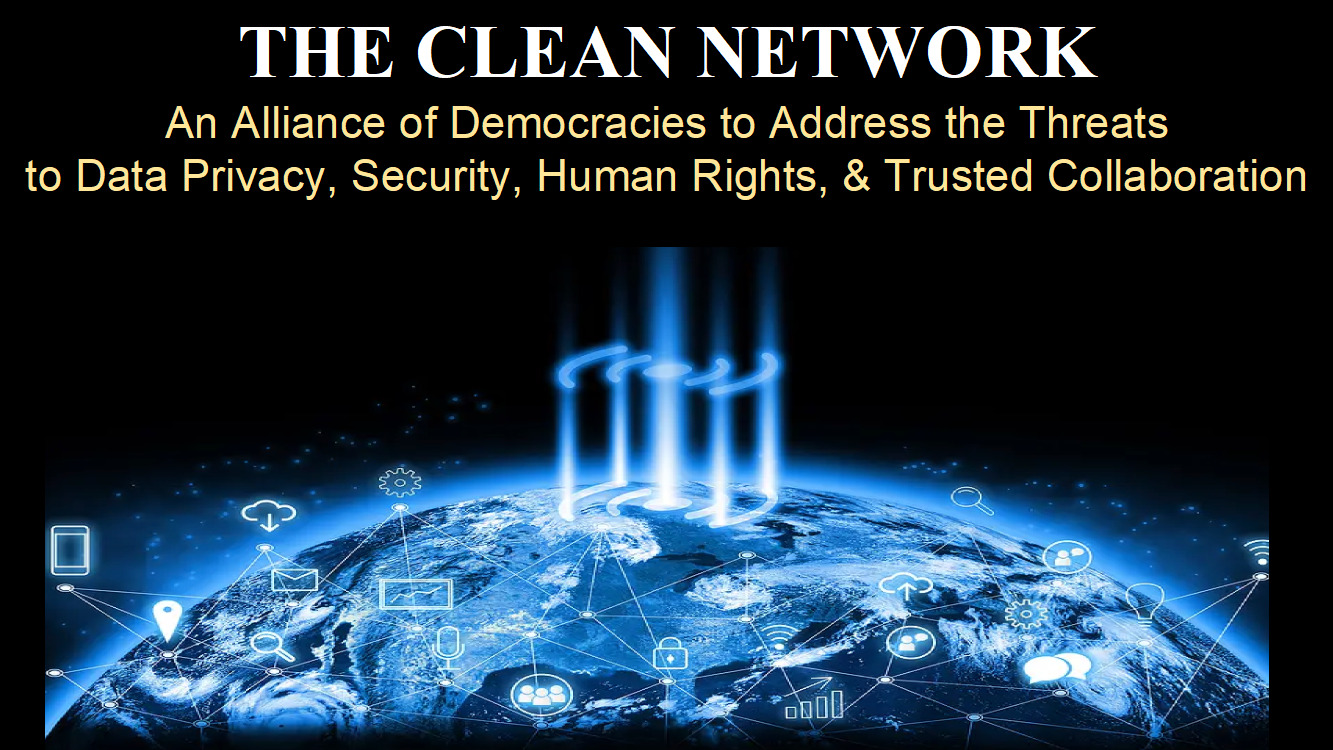Models and Doctrines
The ‘Trust Principle’ doctrine of collaboration is engineered to advance freedom through trust-based alliances. China’s techno-economic aggression presents a serious threat to the free world, especially when it comes to advanced technologies. The Clean Network pioneered a trust-based model for countering authoritarian aggression across all areas of techno-economic competition.
The Clean Network’s defeat of the Chinese Communist Party’s masterplan to control 5G communications was the first time a U.S. government-lead initiative proved that China’s economic warfare is beatable because it exposed their biggest weakness: nobody trusts them.
According to Krach, author if the Trust Principle, “Trust” is the most important word in any language. The Trust Principle, based on democratic values, turns the tables on China’s authoritarian ‘Power Principle,’ rooted in the exertion of brute force by retaining the moral high ground and dealing from a position of strength and solidarity.


FACT SHEET: United States and 60 Global Partners Launch Declaration for the Future of the Internet
US and partners stand against digital authoritarianism where some states act to repress freedom of expression, censor independent news sites, interfere with elections, promote disinformation, and deny their citizens other human rights.

HBS Case Study: Building the Clean Trusted Network
The breakthrough strategies of the Clean Network have been researched and analyzed by HBS faculty and are now being taught at the Harvard Business School.

“Trust Principle” Is Antidote to Authoritarianism
Krach's "Trust Principle" is the new basis for 21st century international relations. It stands as a peaceful alternative and antidote to China’s “Power Principle.”